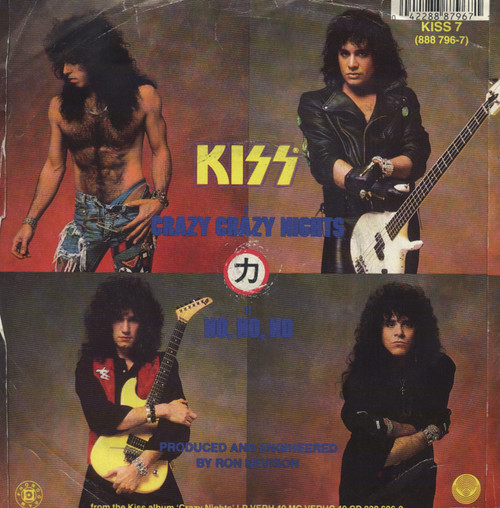A roundup of stuff happening in my favorite subgenre.
I won’t be going to Cross Plains, TX for Howard Days after all. I was leaning heavily in that direction, but several factors have converged to derail my trip. Starting a new job, after I had already pre-booked a week of vacation in June, was probably the biggest. That, coupled with family matters including college expenses and the estimated cost of the trip, plus some parental issues, caused me to put it off. A real bummer because there are several folks in the S&S/Howard communities attending this year that I’d love to meet, and of course it means another year on the planet not having visited the hallowed Howard homestead. It will still happen, someday, and soon.
Speaking of Howard, the Collected Letters of Robert E. Howard, vol. 2, is now available for pre-order by the Robert E. Howard Foundation. I will be picking this up. The Foundation sold out of a first printing years ago and my collection of Howard letters is incomplete.
The Whetstone Discord S&S group continues to foster and promote new authors, and I realize I need to check out a couple of recent releases. These include the likes of Hag of the Hills by JTT Rider. I love my old S&S but I’m trying to support new material when it comes out, too.
This week I received an email from Ingram Spark, which appears to be Pilum Press’s printing outfit, stating that Thune’s Vision has been received for printing. As I’ve stated before Schuyler Hernstrom is (in my non-exhaustive experience) the most exciting and talented new voice to hit the S&S scene. Really looking forward to this volume, which I recently backed on Kickstarter.
Flame and Crimson has been reviewed by Darrell Schweitzer in Dead Reckonings #31 (Hippocampus Press). I have not read the review but will be. I admit with some guilt that I have not done much of anything on Schweitzer here on the blog or elsewhere, despite the fact that he’s a talented writer and critic whom I’ve enjoyed (I recently re-read his “The Hag” in Swords Against Darkness III, which was pretty terrific).
I recently subscribed to Thews You Can Use, which you can find in my blogroll at right. This is the name we all wish we had thought of for our own S&S newsletters.
I still haven’t seen The Northman (#failure). I recently went to view it on On Demand and a single viewing was priced at $19.95. Are you kidding me? I’d possibly buy a DVD or Blue Ray disc at that price, but not digital vaporware. Still, looking forward to watching this soon. I’ve been assiduously ducking spoilers including a recent episode of Rogues in the House with Sara Frazetta on the film.























